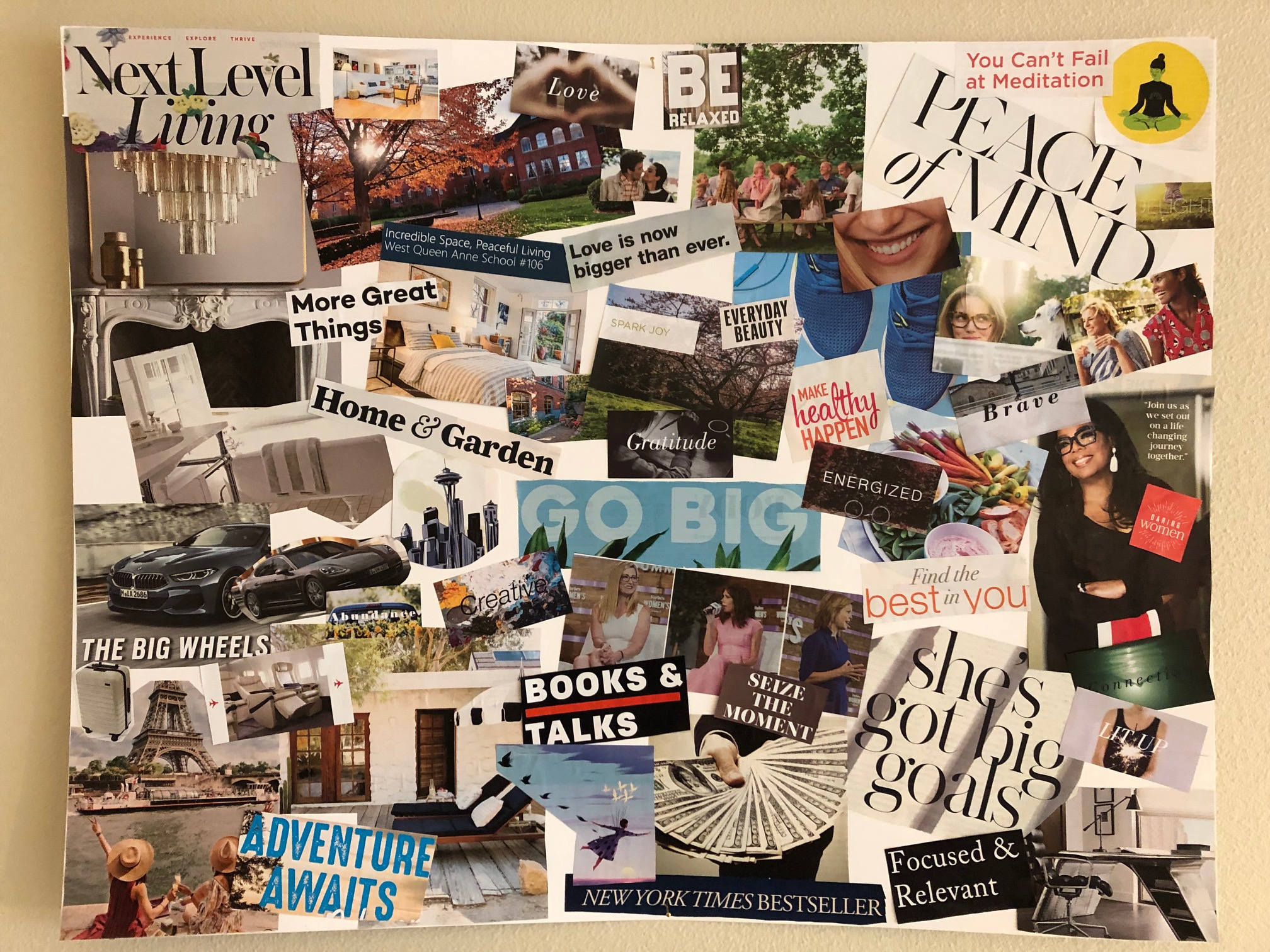The book I read was Shoe Dog by Phil Knight
1A) What surprised you the most?
What surprised me the most about Phil Knight is that he served one year in the U.S Army after he graduated from University of Oregon. This is surprising because often when we think of top businessman, like Knight, you tend to forget they are normal people, and oversee their lives before reaching success.
1B) What about the entrepreneur did you most admire?
One thing I admire about Knight was his courage to just try out his "crazy idea". He went to Japan by himself to pitch the idea of importing Japanese running shoes to America and found someone who believed in him. Also, I admire him making a business out of something he was passionate about which was running.
1C)What about the entrepreneur did you least admire?
This isn't something I didn't necessarily admire about Knight, just one thing that I didn't agree with was that his brand Nike promoted health and exercise but his management team didn't reflect this given that they were obese and overweight. I am not saying the company should discriminate and hire based on appearance, but that he should promote the same to both consumers and the internal environment of the company.
1D)Did the entrepreneur encounter adversity and failure? If so, what did they do about it?
Yes, from the start Knight was met with adversity when he needed money in order to go follow his "crazy idea". He was lucky enough to have someone near him, his father, who could give him the money but it still took courage to ask. Also, in the beginning of his business when it gained traction Knight struggled to keep up with the demands so he had to work in storage rooms which isn't ideal. These along with many other adversities were overcome by Knight because he learned to get over failure quickly and kept his eyes on his passion and goal of selling running shoes.
2) What competencies did you notice that the entrepreneur exhibited?
Phil Knight's best competency, in my opinion, was his open mind to the world. His curiosity for the world and applying what he observed in people to the development of his idea really impressed me, specially since this was back in 1962. Also, the fact that he was open to work with Japanese businessmen and didn't have a negative view on them given the past incidents between American and Japan.
3) Identify at least one part of the reading that was confusing to you
One thing I was confused about this book was if Knight kept a diary or notes about the occurrences in his life, or does he just have amazing memory? Because the book was published in 2016 and I would think it took several years to write the book, but the meticulous details included, such as what he ate in his flight to Tokyo in 1962, just amazes me.
4) If you were able to ask two questions to the entrepreneur, what would you ask?
Did you think now with all the knowledge you have gained, if you were to distance yourself from the situation and looked at it with an outsider lens:
-Was making a 50-50 partnership with Bill Bowerman fair?
-Even if it was your "crazy idea" and initiative?
5) For fun: what do you think the entrepreneur's opinion was of hard work? Do you share that opinion?
I think Knight's opinion of hard work is that it comes from within and like he mentioned in the beginning of the book it's about the journey and the persistence, you can't stop until you reach your goal. His idea of hard work was developed by him being an athlete and having to push his limits to reach the finish line.

